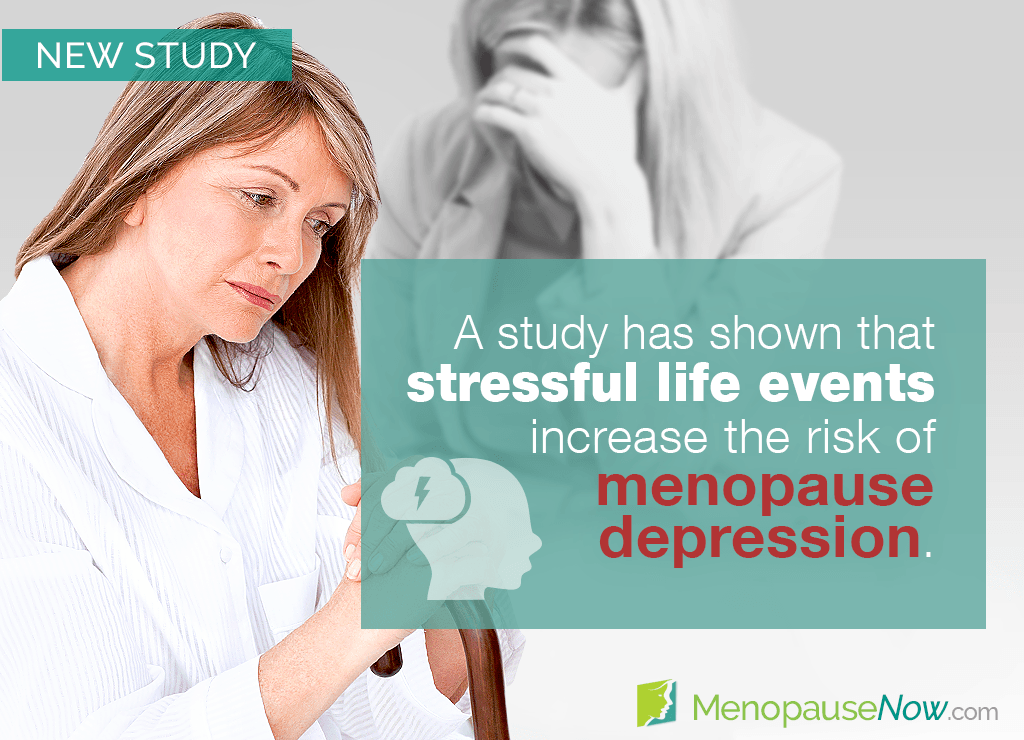Women passing through menopause are more prone to depression.1 While hormonal shifts are the main suspected culprit, there might be other factors in middle-aged women's lives that may play a role as well. The aim of this trial was to assess a possible association between stressful life events and depression risk in middle-aged women.
Study Design
There were 518 postmenopausal women, aged 50 to 64, participating in this trial, conducted at the The Jockey Club School of Public Health and Primary Care, Hong Kong. The results were published in the Menopause journal.
Researchers collected comprehensive data about women's health, lifestyle habits, stressful life events, and sociodemographics at the beginning of the study as well as at the third and fifth year check-up.
Depression was evaluated using the Centre of Epidemiological Study Depression (CES-D) score, in which results above 16 indicate high depressive symptoms.
Study Findings
During the study period, almost 88% of women had gone through stressful life events, and 12% of women had high depression symptoms scores.
Researchers found that women who had one to three stressful life events had a 2.7-fold higher risk of suffering from depression symptoms. Women who had four to nine stressful life events had a higher 6-fold risk.
There was a 28% increased risk of depression with each stressful life event women experienced.
There were also significantly higher rates of depressive symptoms in women with lower incomes as well as those having vasomotor symptoms, such as hot flashes and night sweats.
What Does It Mean?
What the results of this study mean is that a higher number of stressful life events is associated with increased odds of depressive symptoms in menopausal women.
Mid-life is a time when women may go through multiple changes related not just to the end of their fertile years, but also to illnesses, death of loved ones, financial instability, relationship issues, and more.
Since stressful life events may physically and mentally affect women more strongly during menopause, efforts should be put into developing strong coping mechanisms, preventing a build-up of unresolved emotions, and practicing relaxation techniques on a regular basis.
Sources
- Menopause. (2017). Association of life events and depressive symptoms among early postmenopausal Chinese women in Hong Kong. Retrieved March 31, 2021 from https://journals.lww.com/menopausejournal/Abstract/2017/02000/Association_of_life_events_and_depressive_symptoms.10.aspx
Footnotes:
- Johns Hopkins Medicine. (n.d.). Can Menopause Cause Depression? Retrieved March 31, 2021 from https://www.hopkinsmedicine.org/health/wellness-and-prevention/can-menopause-cause-depression

